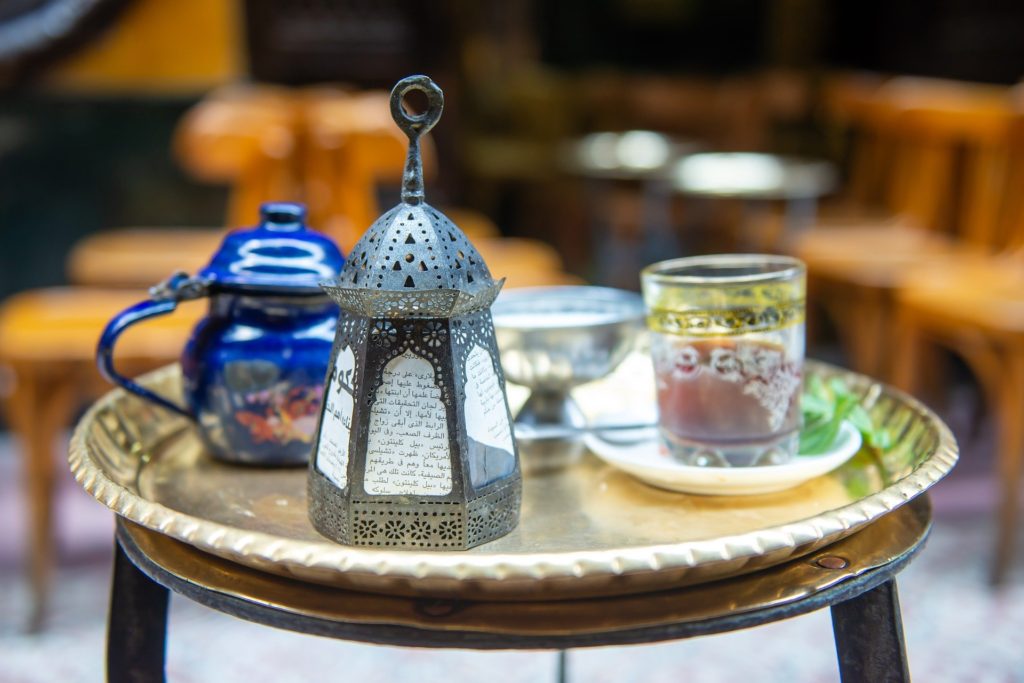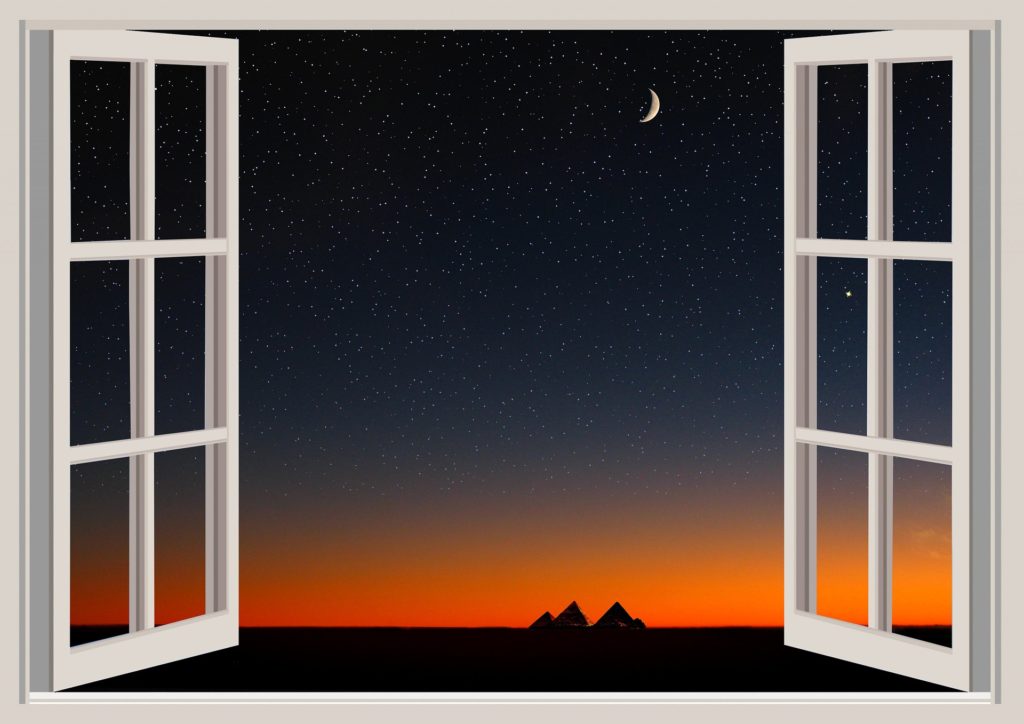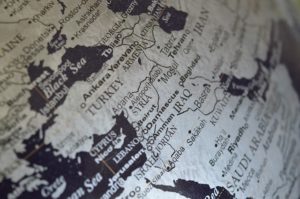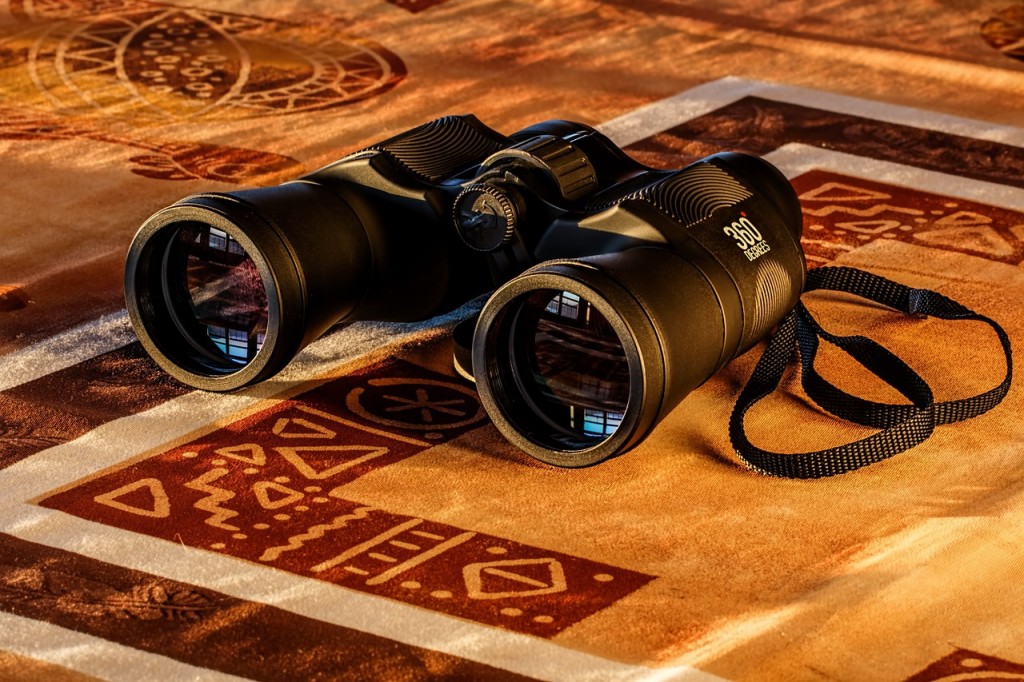
Photo: Ahmed Sabry @ Pixabay.
There is a type of tea in Cairo called “Yen Soon,” which is popular with the locals. You drink it all the time; day, night, whatever the season.
I thought it was a Made in China tea brand. One day, I decided to give it try; sweet with a flagrant flavor and a calming effect.
Honestly, I thought it was a Chinese brand. I was curious about Mr. Yen Soon. Why is his brand so popular in Egypt?
That’s when I embarrassed myself. Yen Soon is Arabic for Aniseeds, and they use it to make Anise tea.
It’s also spelled Yan Soon or Yansun. Well, you learn something new every day.


I used to do some freelance copywriting work for an ad agency in Cairo. One of the agency’s clients was an international hotel located by the River Nile.
One day, the MD turned on the phone intercom to let everyone hear a voice at the other end screaming. It was the hotel’s marketing director who wasn’t pleased with the quality of the hotel’s newsletter the agency had produced.
So the agency’s MD arranged for a new team to take over the newsletter’s account. I was included in the project along with an Egyptian-Greek lady who was a graphic designer.
The three of us visited the hotel’s marketing executive. During the meeting, the client took out a glossy magazine from her bookshelf and raised it as a sample of what she was expecting from us.
Now, this hotel executive had no clue who I am and where I come from. As she was flipping the pages of the magazine, praising its quality and writing style, I wondered if I should say something. Here was someone in power who could, at any moment, break the agency’s contract if she so desired.
No one else was doing the talking, but I couldn’t help myself; I was too excited to remain silent.
So I asked the client if I could have a closer look at the magazine. When she handed it over, I flipped the pages to a feature article. Then I stood up, took a step forward, and pointed to the writer’s byline. With a smile, I said, “This is me… that’s my name. I’m from Singapore. I used to work for this magazine.”
We kept the contract and I got a free lunch.

During the early days of the Syrian war I was monitoring a family friend who smuggled himself out of the country. I didn’t say anything to anyone because his safety was paramount.
In the course of his journey he was swindled, robbed, almost killed but he made it to Egypt then to Libya before reaching Italy. Some money was transferred to him.
He kept in touch with that “someone” I know through a cell phone at various stops. He’s safe now somewhere in Europe. His wife and family are with him.

1)The novel was supposed to be set in a dystopian era.
2)The American ambassador, Michael Dexter, was initially a Caucasian. The African-American was another CIA agent named “Charlie Brown.” The characters were merged into one to simplify the plot.
3)The ambassador’s mansion was the actual property of the author’s grandfather.
4)An action scene in Manhattan, New York, was removed because it was deemed “redundant.”
5)The protagonist Jethro Westrope (Jet West) was initially known as James Gent, a brand for a toiletry company.
6)The protagonist initially drove a Pagani Zonda. It was changed to an MX-5 to accommodate his journalist salary.
7)The cat described in a Cairo scene is based on an actual character.
8)The secret underground base in Singapore is inspired by an actual location.
9)The mysterious island with the citadel is inspired by the old Dutch fortress, Fort Belgica, located in the Moluccas islands, Indonesia.
10)The novel is riddled with secret messages.
Shhh… don’t tell anybody.

A lot of people tell me nonchalantly seeing the Pyramids of Giza for the first time is an anti-climax experience. They’ve heard so such about it since they were kids, seen postcards, watch images on TV, read books – both non-fiction and fiction – yet the reality doesn’t match up to the hype. It’s not what they expected, they said. They didn’t feel awe.
Yet, for some reason numerous writers, poets, scriptwriters, playwrights, movie directors, archaeologists, historians were imbued by the existence of this ancient wonder.
Many tourists tend to give the same answer – they felt nothing after seeing it. The reason I think is this: They failed to ponder.
The Pyramids of Giza isn’t just a tourist site for your camera’s sake or a funny selfie moment – it is a majestic monument left behind for man to reflect history and their own existence.
These monuments are in fact besotting.The trio may not be coated with color and gold today but if you take a step back and sit down alone at a nearby cafe and order a soda, then observe – just observe. It will kick in.
Let the view of the landscape narrate lessons in history before your very eyes. You will discover a time of grandeur that has dissipated. A time mightier than yours left behind by the unseen power. And then you will realize the value of your own significance on earth.
Take a hint form Ozymandias.







